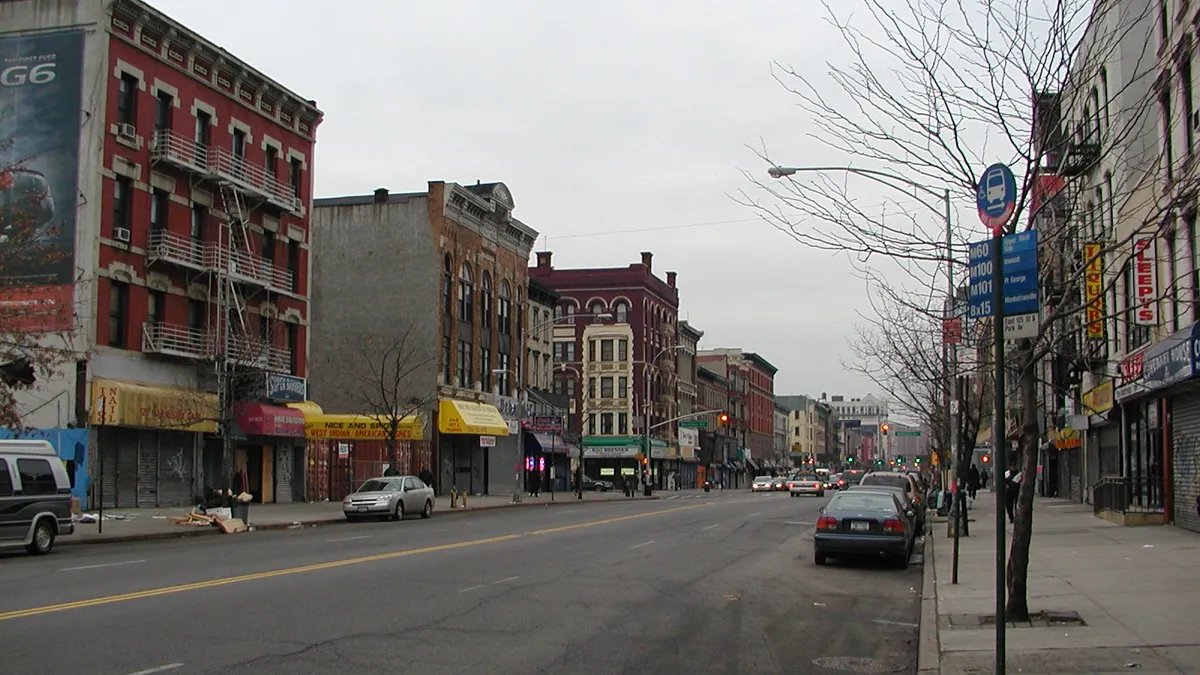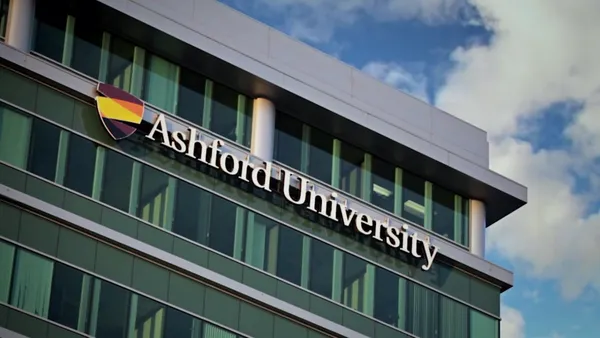Dive Brief:
- The Nation profiles a growing controversy surrounding the State of New York's Tuition Assistance Program (TAP), following a report issued by the Century Foundation which says that a significant portion of funds awarded by the initiative are being directed to for-profit and vocational schools.
- Citing data from the 2015-16 academic year, for-profit institutions grossed $300 million in tuition subsidies from TAP-award recipients. “For-profits charge more but invest less in teaching: For every $1 of tuition revenue, for-profits spent $0.41 on instruction, compared to $0.85 at nonprofits and $2.15 at public schools," the report reads.
- Under the Obama Administration, New York was one of several states which worked through litigation to reduce student fraud at for-profit colleges. But the state now faces challenges in specific cities with similar scholarship programs from which for-profit institutions are seeking access to receive scholarship funds for enrolled students.
Dive Insight:
It would be difficult for states to block for-profit institutions from receiving tuition assistance funds because the funds are paid to institutions based on where eligible students choose to enroll. The study of New York's disbursements mirrors the criticism of for-profits receiving federal student aid funds, which with policymaking from the Obama Administration, caused the collapse of some for-profit corporations in what many observers described as borrower protection, but others classified as an assault on free markets and school choice.
While there is merit to ensuring that schools are following standard teaching and learning practices and post-graduate career access, there is also merit in allowing student choice to determine the fate of for-profit schools instead of having regulations to make the decision on their behalf. The anti-for-profit argument positions students as unaware about the quality of education they receive until its too late, but with the resurgence of some for-profit schools like Strayer University under federal deregulation, it is clear that millions of students are consciously choosing for-profits for a reason.
Those reasons; convenience, marketing appeal, degrees that fit certain career objectives for working and continuing students, are resonating with loan borrowers. And they will likely continue to borrow or state and federal funding or receive grants for these schools because anything less could result in litigation or increased deregulation from the U.S. Department of Education.













